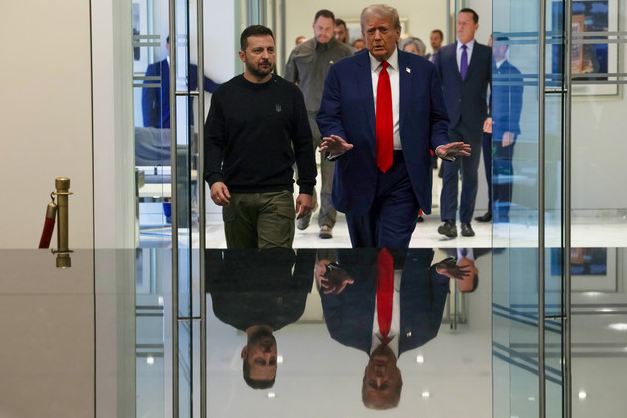
Europe’s Ukraine Peacekeeping Plan Without U.S. Sparks NATO Unity Concerns
Proposals from several European nations to establish a peacekeeping mission in Ukraine without the involvement of the United States have sparked fresh tensions within the NATO alliance. The initiative, floated by officials in countries such as France and Poland, is driven by a desire to demonstrate greater European autonomy in defense matters. However, critics warn it risks fracturing the unity that has defined NATO’s response to Russia’s invasion of Ukraine.
Former German ambassador to the U.S., Wolfgang Ischinger, cautioned that pursuing a peacekeeping force without coordination with Washington could be perceived as a "fatal signal" to both adversaries and allies alike. “If Europe proceeds on its own, it might suggest to Moscow that NATO is internally divided,” Ischinger said. “More dangerously, it could mark the beginning of the end for NATO in its current form.”
At the heart of the issue is the longstanding debate over Europe’s defense capabilities and its reliance on American military power. Despite calls for "strategic autonomy," European nations have struggled to build a unified and robust defense framework that can operate independently of the U.S. The Ukraine war has only underscored that gap, as American intelligence, logistics, and weaponry have proven essential to Kyiv's resistance.
Advocates for the European-led peacekeeping plan argue that such a mission—potentially stationed in areas not currently under active Russian occupation—could help stabilize the frontlines and offer Ukraine political breathing space. They see it as a proactive step amid growing concerns about U.S. political shifts, particularly with the potential return of Donald Trump to the presidency and his previously vocal skepticism of NATO commitments.
Yet skeptics counter that even a limited peacekeeping deployment could provoke Moscow, especially if seen as a de facto NATO operation under a different banner. Moreover, without clear coordination with the U.S. and the rest of the alliance, any such move could deepen rifts within NATO, undermining its collective security guarantee.
The debate exposes deeper strategic anxieties within the alliance—between those pushing for a stronger, more autonomous Europe and those warning that transatlantic unity is essential for deterring Russian aggression. As the war in Ukraine grinds on with no clear end in sight, the question of who should lead any future stabilization efforts has become a flashpoint with significant implications for NATO’s cohesion and credibility.
Author: Global Ripple
Posted on: May 05, 2025
 Global Ripple
Global Ripple